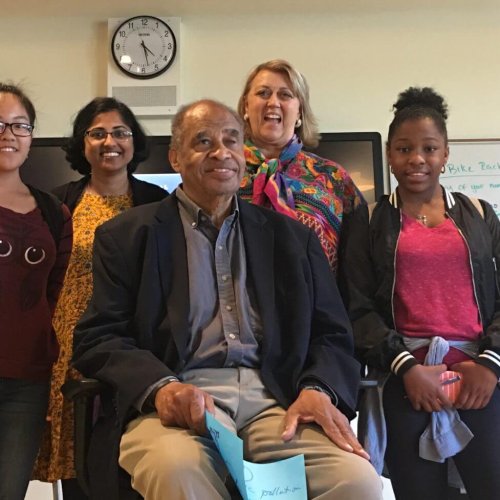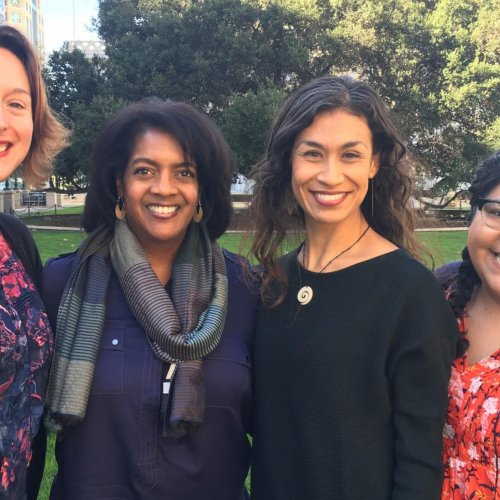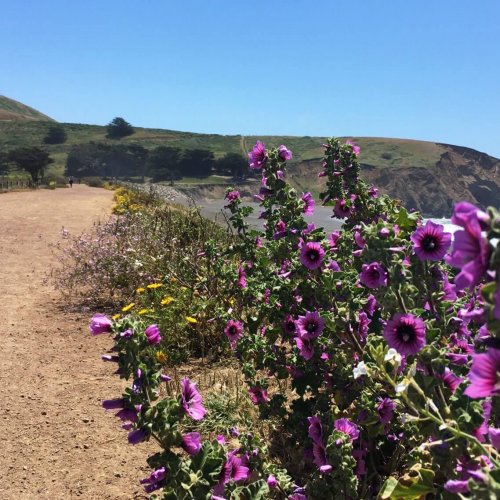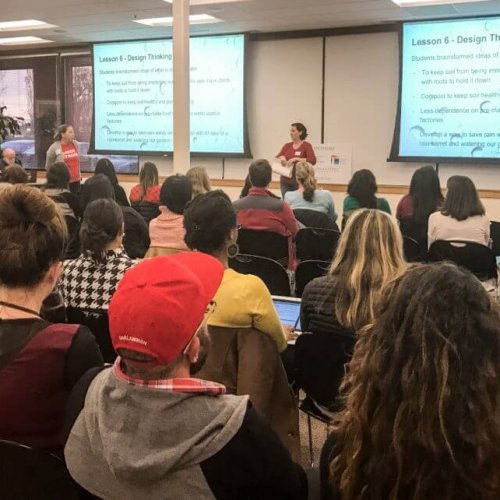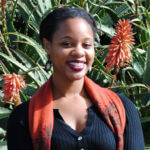
Alison Cagle
Alison Cagle is a communications professional with a strong passion for understanding and protecting the planet. She believes that environmental literacy can be utilized to strengthen all of California’s diverse communities, by creating a deep understanding of and commitment to protect our state’s vibrant natural resources. For nearly three years, she coordinated digital learning resources for environmental science at Pearson Education, and worked in publicity at Random House in New York. Alison is a world traveler, a fierce animal lover, and devoted to working together with communities to teach our children how to nourish and protect the environment, all through the lens of equity and cultural relevance.
Alison Cagle is a communications professional with a strong passion for understanding and protecting the planet. She believes that environmental literacy can be utilized to strengthen all of California’s diverse communities, by creating a deep understanding of and commitment to protect our state’s vibrant natural resources. For nearly three years, she coordinated digital learning resources for environmental science at Pearson Education, and worked in publicity at Random House in New York. Alison is a world traveler, a fierce animal lover, and devoted to working together with communities to teach our children how to nourish and protect the environment, all through the lens of equity and cultural relevance.

